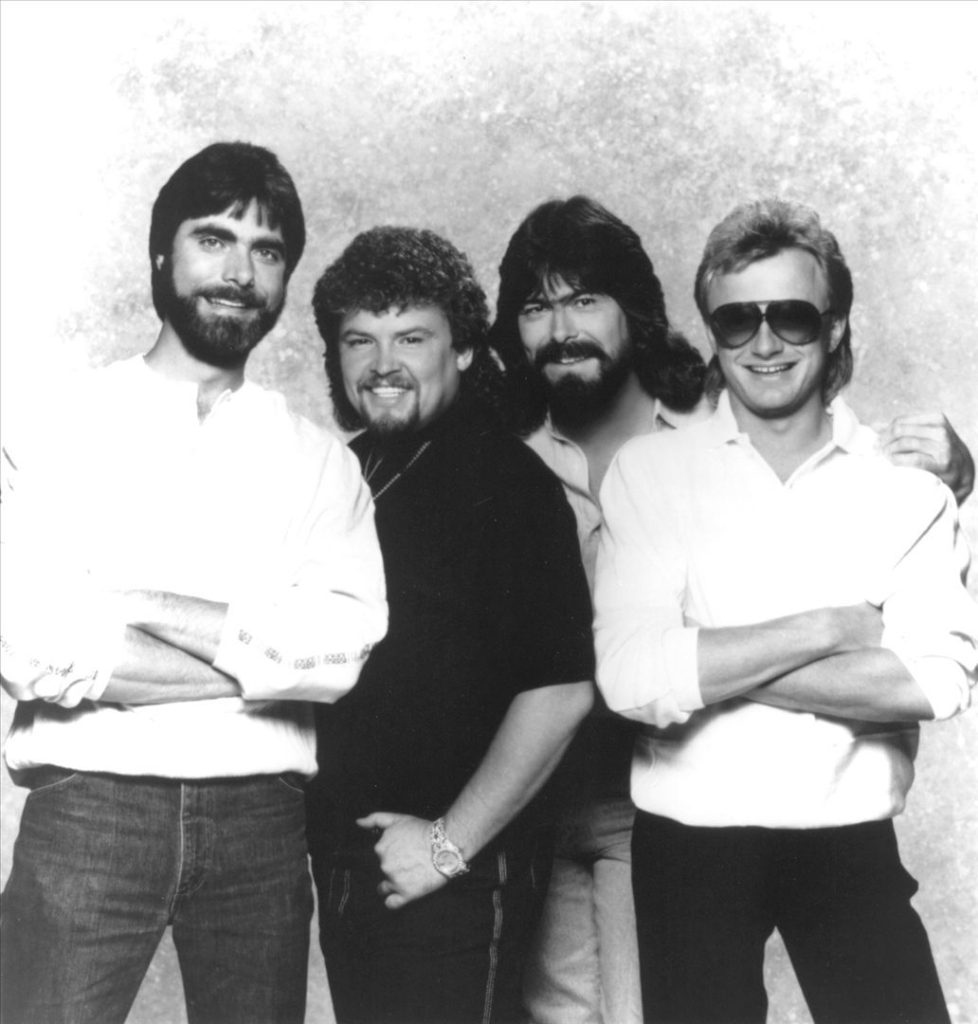
Sweet Home Alabama: A Lynyrd Skynyrd Anthem for the Ages
In the annals of Southern Rock, few songs hold as revered a position as “Sweet Home Alabama” by Lynyrd Skynyrd. Released in 1974 as the lead single off their second studio album, “Second Helping”, this iconic track has become synonymous with both the band and the state of Alabama itself. Its enduring popularity is a testament to its powerful lyrics, infectious melody, and unwavering celebration of Southern identity.
Lynyrd Skynyrd, hailing from Jacksonville, Florida, were a beacon of Southern Rock during the genre’s formative years in the 1970s. Their music, infused with elements of blues, rock and roll, and country, resonated deeply with audiences across the South, capturing the spirit and resilience of a region often misunderstood and maligned.
“Sweet Home Alabama” stands as a defiant rebuttal to Neil Young’s 1972 song “Southern Man”, which touched upon the sensitive issues of race and civil rights in the South. Lynyrd Skynyrd’s response, penned by Ronnie Van Zant, was not an attempt to whitewash history but rather an affirmation of their Southern heritage and pride.
The song opens with the instantly recognizable guitar riff that has become synonymous with “Sweet Home Alabama”. Ronnie Van Zant’s vocals, imbued with both grit and tenderness, paint a vivid picture of the South, its landscapes, and its people. The lyrics evoke a sense of longing and homecoming, capturing the deep connection many Southerners feel to their land.
“Sweet Home Alabama” is more than just a song; it’s an anthem. It’s a declaration of pride, a celebration of home, and a testament to the enduring power of music to unite and inspire. For generations of Southerners, it has been a soundtrack to their lives, a source of comfort and pride.
“Sweet Home Alabama” is a Southern Rock classic that has transcended its genre and its time. It remains a powerful and poignant expression of Southern identity, a song that continues to resonate with listeners around the world. It is a reminder of the deep connection between music, place, and the human spirit.